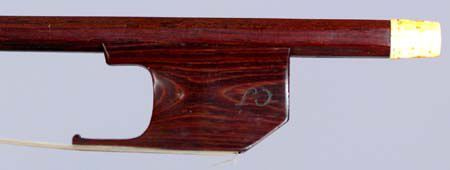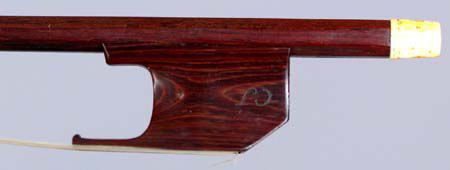I imagine that Isaac and Lena said to each other, each in different words, How does one have an affair? and then answered the question with more questions. They remind me of the pangrammatist who spends his time creating sentences that contain every letter of the alphabet: John P. Brady gave me a black walnut box of quite a small size (48 letters). This is a kind of puzzle Lena enjoyed. She would have posed this question for Isaac: Why can’t you give me the ax or the prybar to break the frozen sea we’re quite doomed eventually and in all justice to become (111 letters)?
She should have asked this question of me, more simply, with less word play—and anyway she’s not very good at the game; the key is to use as few letters as possible.
She should have said and not bothered with the puzzle, Don’t you see I’m trying to edge open a door closing between us?
Would Isaac have tolerated the wordy pangram that she would’ve explained, including how she’d failed at the game? I would have swiftly come up with a shorter version, compelled to compete with her, thinking it in good humor: Vexed Lena asks the lazy frogman, who’s quite stuck, to jump or be jumped (56 letters).
I imagine that after her attempt at the pangram, she was direct, told Isaac, “He’s a smart man. Eventually, he’ll know.”
And that Isaac replied, “He’ll never know.”
“Why do you say that?” she’d have asked.
“Because if he were that smart, how could he have ever let this happen?”
That is the question I must answer.
I admit I have moments as I write their story and mine when I’ve wanted Lena and Isaac to pay for what they did to me—now that I know they were lovers.
If I’d seen them on the street, I’d have known because they would have done the sorts of things that reveal: They would have passed between them a bottle of water, their hips would touch, as if by accident, when they walked; they wouldn’t touch with their hands the way safe lovers do, but an observant eye could catch both the intimacy and the caution—and know.
It was when she was dying that I knew. It was the way he touched her head before he left her bedside. What I thought was an obligatory visit from a colleague changed with one gesture.
But, by then, all I hoped was that he would be the hero who would save her.
When I do put a CD in my player, I play chamber music or quintets or symphonies. I don’t want the solo piano in my speaker though I own many recordings of particularly Rubenstein and Horowitz. I favor Schubert’s Piano Quintet in A Major, D667, the “Trout” with Emanuel Ax on piano, Yo-Yo Ma on cello, Pamela Frank on violin, Edgar Meyer on bass, and Rebecca Young on violin. I mention this because it is the strings that dominate. They do and they must for me—I turn the volume down when Emanuel Ax begins to take over; he is in control of the pacing—while my piano lies silent, the piano that I had seduced her with, that I tried before she died to play again, that I failed with.
When the strings come in “The Trout,” I raise the volume and think of us like the bow of a stringed instrument. When the violin, viola, or cello are played exuberantly, in my view without full control, the bow’s horsehair fly, splaying off.
I was the curved wood that held Lena; she, the bowhair. I was the rosin that smoothed her edges, that made our instrument sing, brought voice to her disorder, sound to her silence. She was often silent. The camber of the bow, the bent wood when well-made, is shaped from pernambuco, a strong Brazilian wood and its strength holds the fragile hairs. A good violinist must maintain his bow. I was the musician who knew how to tighten the bowhair with the right tension on the screw before playing, and then play her strings with the right amount of pressure, my hand on the frog, the flat metal where the violinist guides the bow. I was the violinist. I could keep the bowhair, Lena my violin, from splaying.
When I saw the Emerson String Quartet play, the violist played with excessive excitement, not enough control, his bow splaying so much that I was distracted by the flying hairs, as if I were at a July fourth celebration with shots of light, of blond hairs flying in the air in the face of the music. He played well and, whoever he is, he’s known for his expertise, but didn’t he know how distracting the splaying of the bowhairs is to the watcher who is trying to listen?▵






